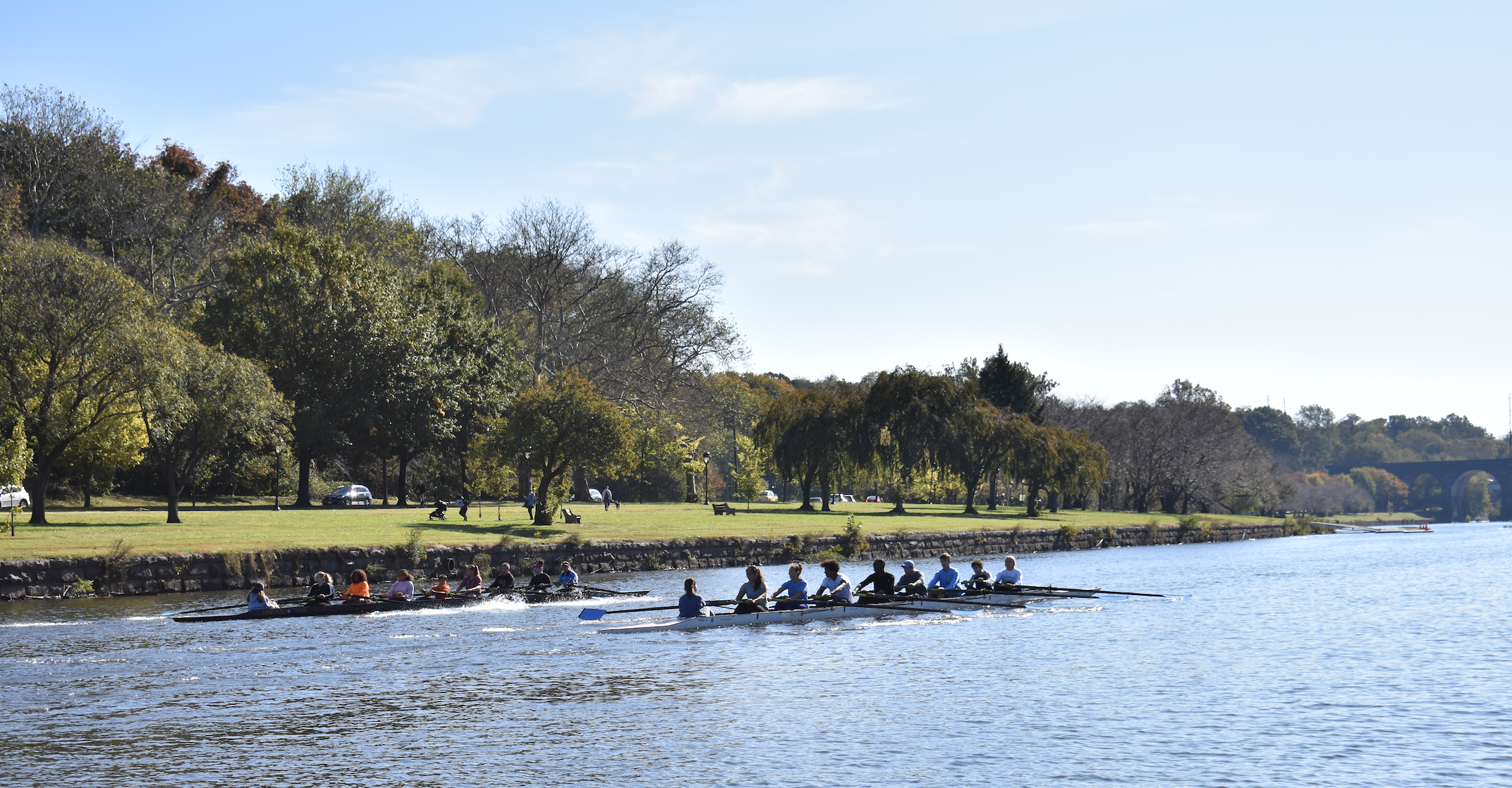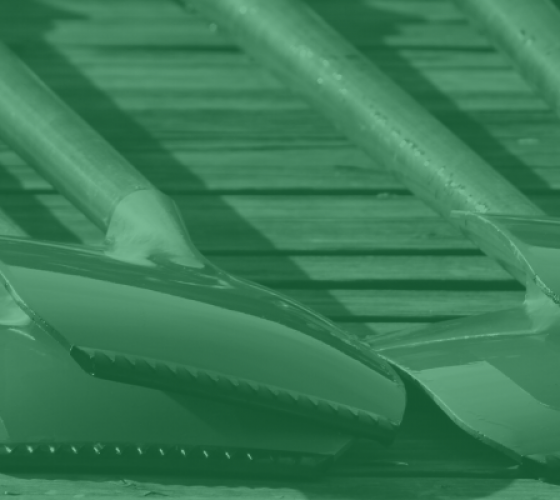
Conservation of our land and natural ecosystems is important to me because when my children grow up, I want them to be able to explore these ecosystems and experience their natural beauty. I hope my children are able to learn about our rivers and oceans as fascinating, surviving, and complex systems and not just as lost resources from decades past.
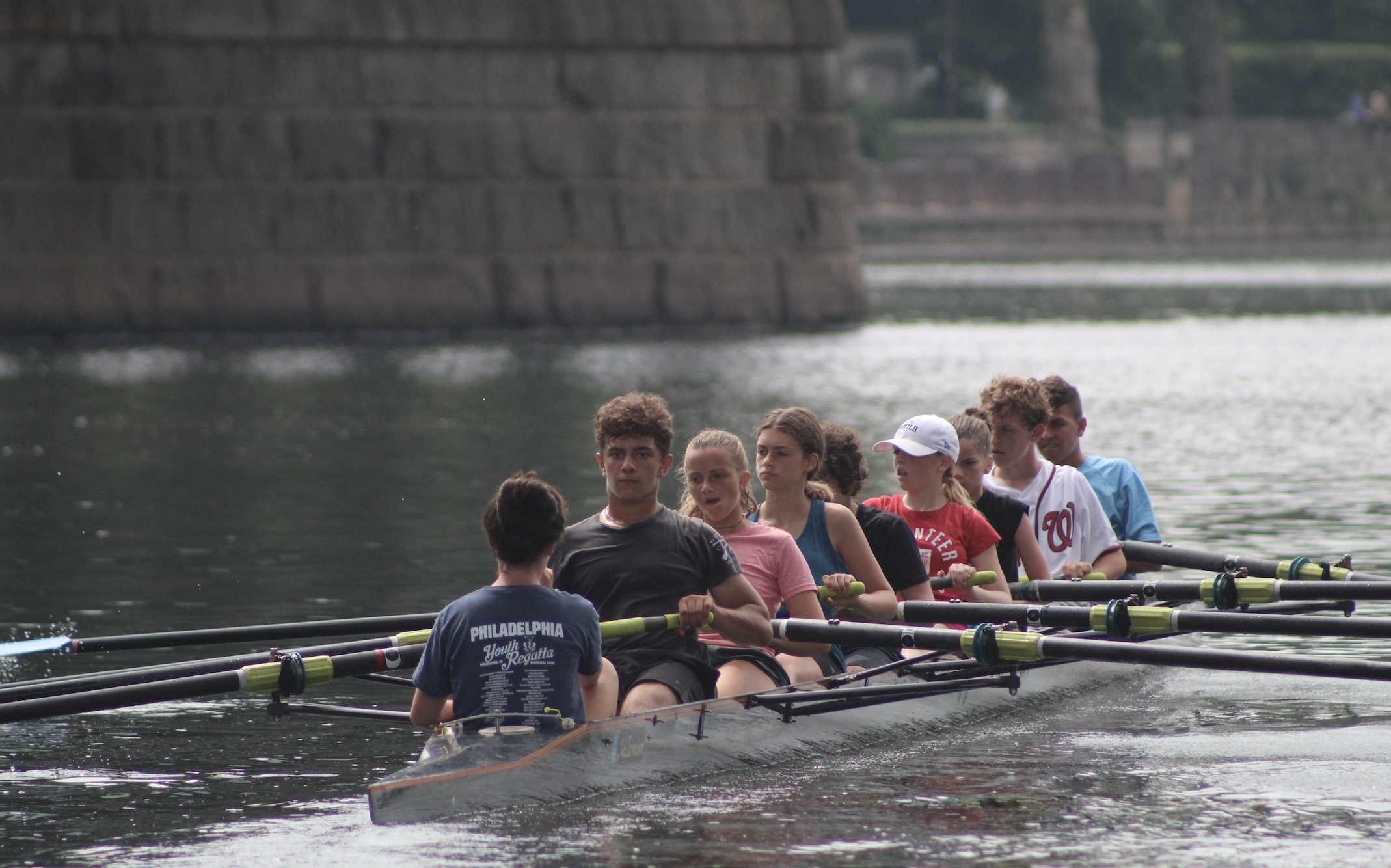
As a rower, I get to access and enjoy the Schuylkill River on a daily basis, and keeping the river clean and safe for daily use is incredibly important to me and my teammates. We don’t often think about how the foods we buy and eat may affect our ability to safely enjoy the water we row on. Everything on our planet is connected and small changes related to how our food is made and what we do with our food scraps can make a big difference.
American soil is losing its vitality and this impacts everyone as our land becomes increasingly unusable. This drives up the cost of produce, which is a major source of health and nutrition. When harvests do not perform as they should, farmers turn to fertilizer as the answer, but when fertilizer is applied incorrectly, for example before a major rain event, the plants do not have time to use the fertilizer before it washes into our watersheds. This is a major issue as the Nitrogen in the fertilizer sets off a change reaction by stimulating the algae in our watersheds which grow and multiply until they eventually run out of Nitrogen. The algae then die all at once, beginning to decompose and removing oxygen from the water. The removal of oxygen makes it hard for watelife to survive. This process is known as “eutrophication” and at its worst can create dead zones, which are zones devoid of wildlife, in our rivers and oceans.
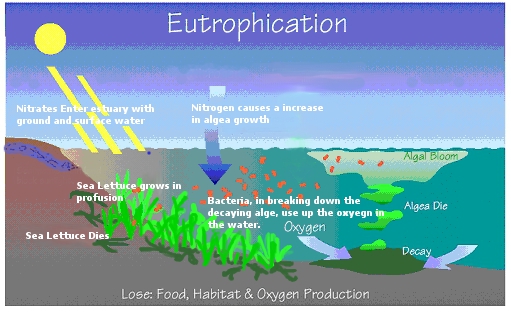
Also, this focus on chemically adding Nitrogen to our soil completely ignores the ability of healthy soil biota to do the same job. If our soil was naturally more nutrient and biologically rich, then farmers would not need to artificially add Nitrogen. One way to promote healthy soil biota is to apply compost. Compost nurtures soil biota and does the same job as artificially-added Nitrogen. With compost, farming is more sustainable and has fewer risks to our environment than chemical fertilizer. Farmers and gardeners should use compost more widely but because many people do not know how to compost, and because it requires a little bit of extra work, fertilizer is the prominent solution used for replacing soil nutrients instead of compost.
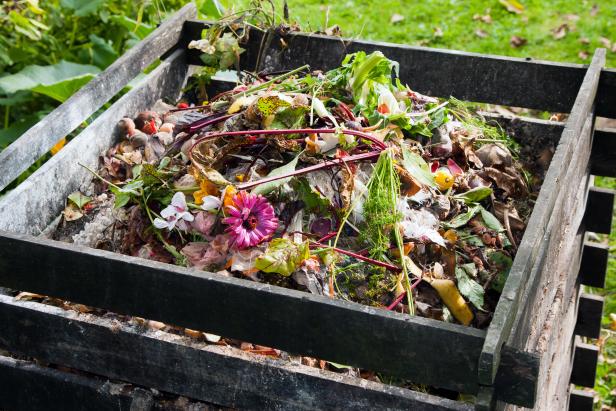
After years of persuasion from environmentalists, farmers have started to reimagine their farming practices and are doing things like creating buffer zones to filter out the nitrogen from the runoff or adopting no-till practices. To create a realistic way for farmers and gardeners to affordably use compost, large populations would need to collect compost. In order for that to happen, we need to not only educate people about the food crisis in America but also create accessible programs for people to donate their food waste for composting.
My family participates in a program where you can have your own food waste picked up throughout the year by a composting company and at the end, you get a small portion of compost to use. Though this program only provides a small benefit for the work you do organizing and dealing with food waste, the benefits of composting vastly outweigh the extra work needed to convert what most people see as trash into a major source of nutrients to our food system.
Kate Kaulbach is a Junior at Central High School and has rowed for PCR for two years. This article summarizes in-depth analysis papers Katie completed for school, including a math project where she used functions to analyze the factors of food waste decomposition through composting and a science project where she explored the extent to which vegetative buffers could reduce nitrogen movement in soil and the conditions that maximize nitrogen removal.
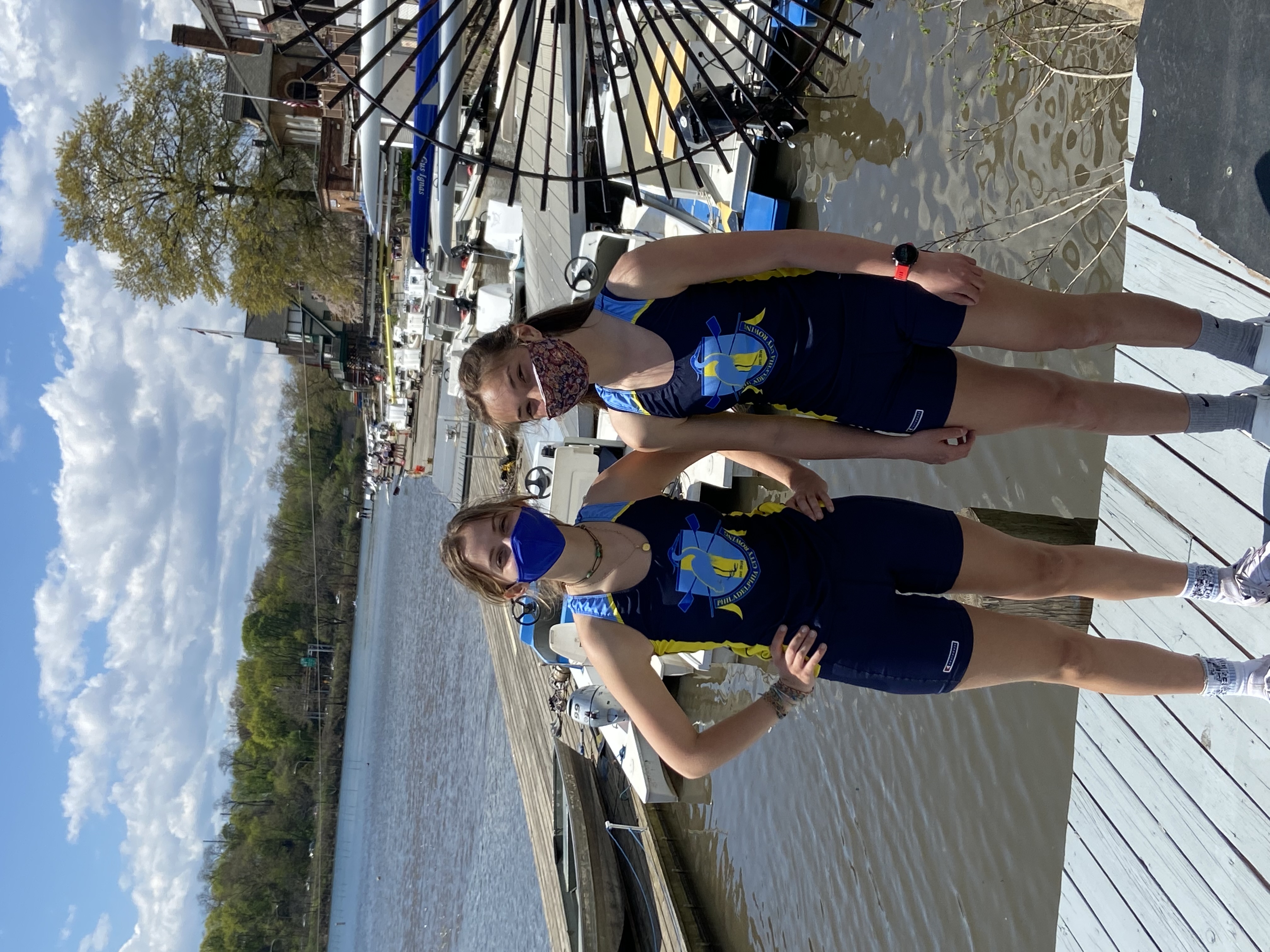
Resources:
If you’re looking to source your food from more sustainable sources or start composting your food waste, some resources to get you started are included below. Remember, even though it doesn’t seem connected to our life on the water as rowers, our daily choices do add up.
Food Waste:
https://cleanphl.org/portfolio-item/philadelphia-food-waste-spotlights/
http://stopfoodwaste.org/food-and-climate
Wasted! The Story of Food Waste (2017)
Just Eat It: A food Waste Story
Composting:
https://cleanphl.org/composting/
https://www.bennettcompost.com
https://www.circlecompost.com
Sustainable Farming:
https://foodandplanet.org/resources/
Kiss the Ground
Food Justice:
Rooted (Coming in 2021)
A Place at the Table
https://www.phillymag.com/sponsor-content/philly-neighborhood-lifespan/
https://www.theguardian.com/society/2018/may/15/food-apartheid-food-deserts-racism-inequality-america-karen-washington-interview
